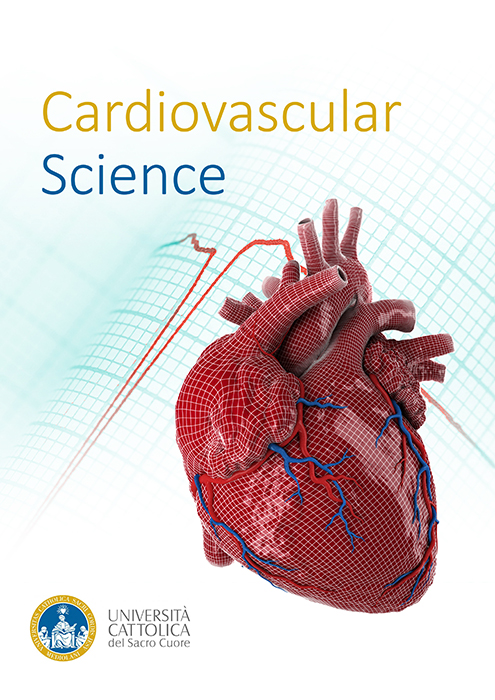The excellent work of Policlinico Universitario A Gemelli is explored here when it comes to vital research in the field, including the field of acute coronary syndrome (ACS), as well as ischemic heart disease (IHD), both of which fall under the umbrella of the cardiovascular sciences
The first aspect of this analysis concerns the Department of Cardiological Sciences vital research in the field of acute coronary syndrome (ACS), with a focus on inflammation and heart attack. This is a major clinical and research institute devoted to the care of patients and research. By way of background, we learn that back in 1994 with Prof Maseri, the Department published the first clinical paper on inflammation and myocardial infarction (heart attack), which opened the door to the research in this field and changed the whole perception of these syndromes.
Amongst the many insights here, we discover that an aspect of the field of innovation in clinical research concerns the role of microbiota in cardiovascular disease. Certainly, we find out that where cardiology is concerned, the derangement of the microbiota is a novel finding here but it is already considered to be a major risk factor for cardiovascular diseases.
Interestingly, we find out that the Group is searching for common background when it comes to several conditions that may be associated with microbiome derangements, such as psoriasis, rheumatoid arthritis, myocardial infarction and inflammatory bowel disease.
Ischemic heart disease (IHD)
The second aspect of this analysis turns our thoughts to several novel findings from the last 20 years that have considerably changed the conceptual framework of ischemic heart disease (IHD). Certainly, this has moved the interest of clinicians and scientists from simple pathophysiological concepts as stenosis, incrustation, cholesterol, to the novel and more advanced findings that may better explain the mechanisms of disease and, in turn, the more effective and focused treatments.
One area discussed is the pivotal role of cytokines in the pathogenesis of infarction, which is now well-established and the current research in the field focuses on the possible application of cytokines here. Another is that microRNA can be defined as small ribonucleic acids (RNAs) that negatively regulate gene expression on the post-transcriptional level by inhibiting mRNA translation or promoting mRNA degradation.
I hope that you find this fascinating analysis from Luigi Marzio Biasucci MD, Associate Professor of Cardiology at Fondazione Policlinico Universitario A Gemelli to be a thought-provoking read. To learn more, you can contact the author at: luigimarzio.biasucci@unicatt.it


